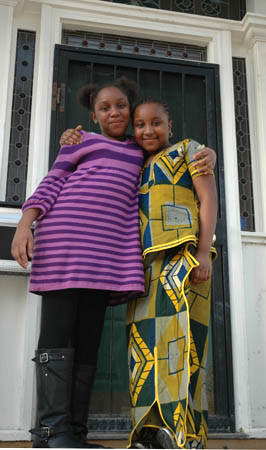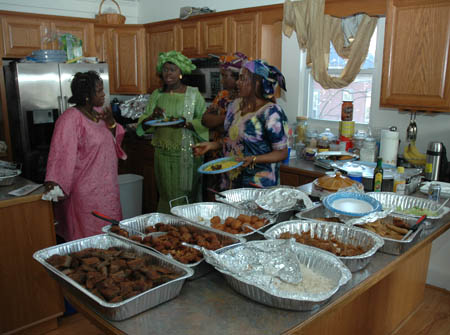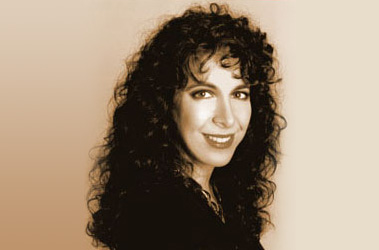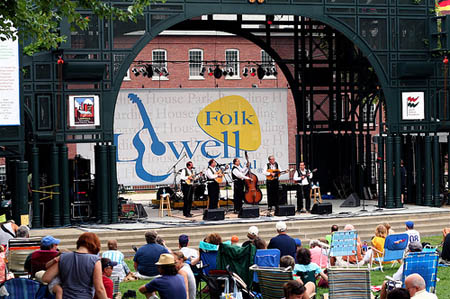
Ever since hearing Grupo Canela at the National Heritage Museum on October 4th and learning that they perform each weekend at their family restaurant in Westfield, I wanted to go. This past Friday, four of us drove out from Boston. We arrived around 5:30 and decided to walk around downtown before going into the restaurant. With its wide streets and empty storefronts scattered in amongst the businesses, Westfield has the feel of a town that has seen some hard economic times.
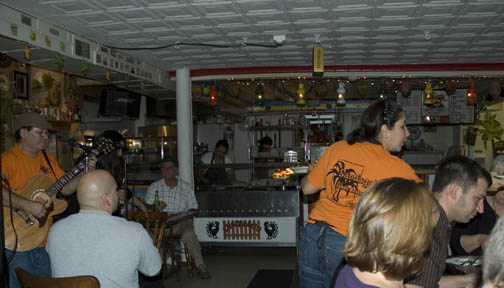
Upon entering the restaurant, I introduce myself to a young woman behind the counter who turns out to be Alexa Santiago, the oldest daughter of the Santiago family. Welcoming and astonishingly cheery, she ends up doing the lion’s share of waiting tables and serving on this evening. She takes peoples orders like she is hosting a family meal. If someone asks for the restroom, she tells them, “You have to go through the kitchen, just like you’re at home.” Alexa introduces me to Carmen Santiago, Ismael’s wife.
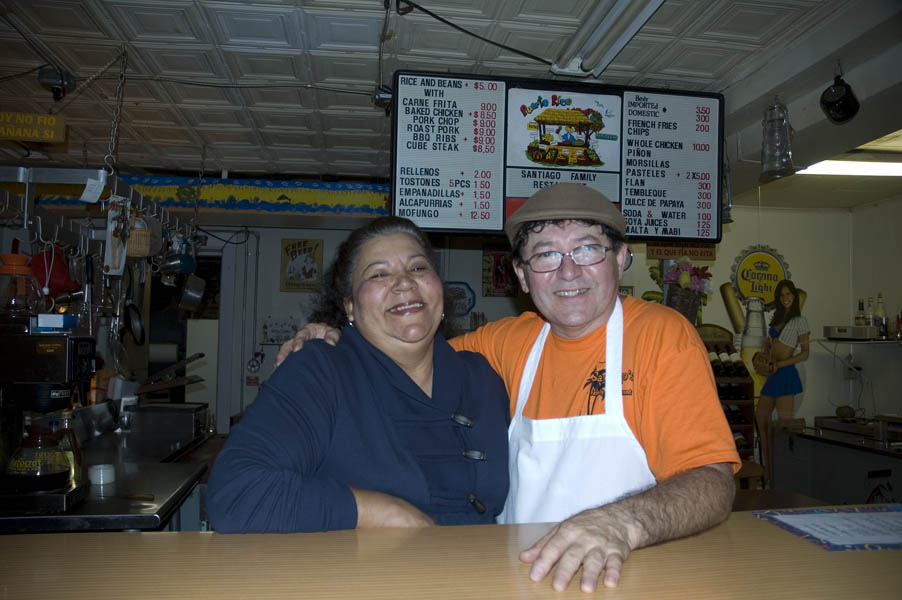
Born and raised in Corozal, Puerto Rico, Carmen and Ismael grew up and went to school together. Soon after graduating high school in 1967, they left Puerto Rico for Hartford, Connecticut in order to find work. After a few years, the Santiagos moved to Holyoke and eventually settled in Westfield. They have been running the restaurant in its current location since 1999. Like many immigrants, they had every intention of going home but with six children and seven grandchildren, they have built a life here. “We thought we’d go back home,” Carmen says, “but the family grows.”

The restaurant’s décor is festive and full of intriguing artifacts – like a Puerto Rican version of Cracker Barrel. Colored glass lanterns and hanging coconuts, guitars, congas, and cuatros, maps of Puerto Rico, vintage beer signs, knick-knacks and figurines, and framed photos of Puerto Rican baseball players. Like many of the storefronts along Elm Street, this one has a pressed tin ceiling. There are only ten tables. A few diners appear to be regulars. Some sit, others do take-out, including a local policeman on his beat.
The kitchen is visible from the dining room and the sounds and smells of cooking are enticing. Ismael has just taken a pork roast out of the oven, its fatty skin crisped to a golden brown. He lifts lids on giant skillets to reveal yellow rice and chicken fricassee. Ismael nods toward the later and inhales, “Ahh . . .that’s like dying and going to Heaven.”


By 6:45pm, Ismael is anxious to start playing. Beatriz grabs a microphone. Josúe is out back somewhere, so a customer from the audience steps up to play bongos. By the next number, Josúe arrives and takes up the congas. They play from 7:00 p.m. to 8:30 p.m. and then take a break. Listen to a live recording here.
This is the place to see this music. The food and music are inextricably linked. Everyone has a role – singing, playing percussion, taking orders, singing, preparing and serving food. The youngest of six, Marcos, is in his early twenties. He sings close harmony with his sister Beatriz, lovingly throws his arms around his mother’s neck, and helps out in the kitchen. Here you see him using a mortar and pestle to crush garlic, lime, and cooked plantain, which is served with a cold seafood salad. I ask Carmen about recipes – Beatriz answers, “They are more of our country, than just our family.”
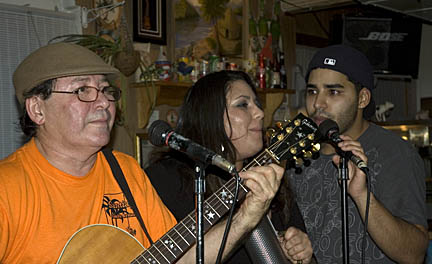
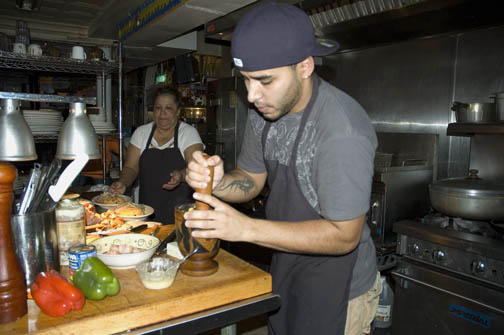
Santiago’s Family Restaurant is located at 34 Franklin Street in Westfield, Massachusetts. The live music is only on Friday and Saturday evenings. Phone: 413.562.0210
Photographs by Maggie Holtzberg









